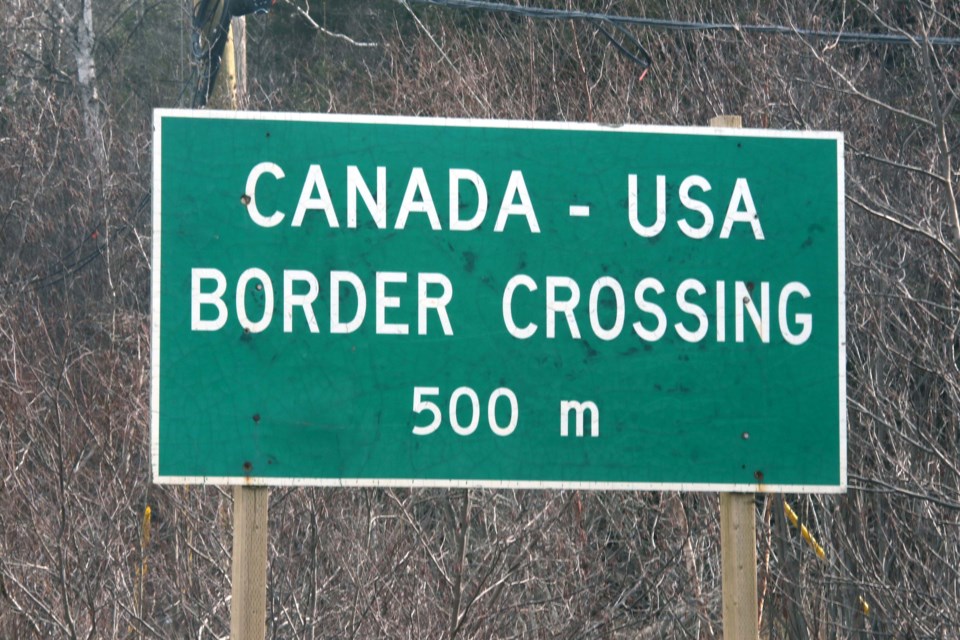The federal government is easing some restrictions at the Canada-U.S. border, but the biggest changes apply only to those already eligible to cross.
Most restrictions on cross-border travel will remain in place until at least July 21, federal officials emphasized at a press conference Monday.
The government also lifted restrictions on those approved for permanent residency, and ended the suspension of passenger flights from Pakistan - but not India.
Beginning July 5, fully vaccinated travelers already permitted to enter Canada will no longer be required to quarantine or take a COVID-19 test on day eight, subject to some conditions.
Those arriving by air who are fully vaccinated will no longer be required to stay at a government-authorized hotel, meanwhile.
That applies to individuals with right of entry, such as Canadian citizens, permanent residents, and those registered under the Indian Act, as well as foreign nationals eligible to enter under existing rules.
There are no changes for those who are not fully vaccinated, while additional provincial health measures apply, noted Minister of Health Patty Hajdu on Monday.
The government said the limited changes represented “a responsible, precautionary approach.”
“These cautious adjustments are now possible because of the successes of the vaccine roll out in Canada and Canadians following public health measures,” it said in a statement.
The changes officially take effect at 11:59 p.m. on July 5.
Fully-vaccinated travelers must still take a COVID-19 molecular test within 72 hours before arrival to Canada and use ArriveCAN to enter their information, including a quarantine plan and proof of vaccination.
They also must complete an arrival test either at point of entry where facilities exist, or complete a home test once they arrive at their destination.
However, with a negative result, the quarantine and day-8 testing requirement are waived for those fully vaccinated. Children under 18 who are not fully vaccinated will still be required to quarantine, though they can do so from home.
Fully vaccinated means having received the full series of a vaccine or a combination of vaccines accepted by the Government of Canada (Pfizer, Moderna, AstraZeneca, Janssen) at least 14 days prior to entering Canada.
Hajdu was tight-lipped Monday on what would be required before Canada moved to the second phase of border reopening, saying simply the decision would be based on metrics like case rates and vaccination domestically, and the progression of COVID-19, notably the delta variant, internationally.
Canadians were counting on the government to proceed slowly, Hajdu said.
“They expect us not to squander those hard-won gains [made] over the last year and a half.”
Starting Monday, any foreign national who holds a valid Confirmation of Permanent Residence (COPR) may also travel to Canada.
Arrivals had been frozen with limited exceptions for those with COPRs issued after March 18, 2020.
Passenger flights from Pakistan will once again be allowed, meanwhile, but the government will preserve a ban on flights from India until at least July 21, officials said Monday. The ban was put in place in April due to soaring COVID-19 cases in the country.
